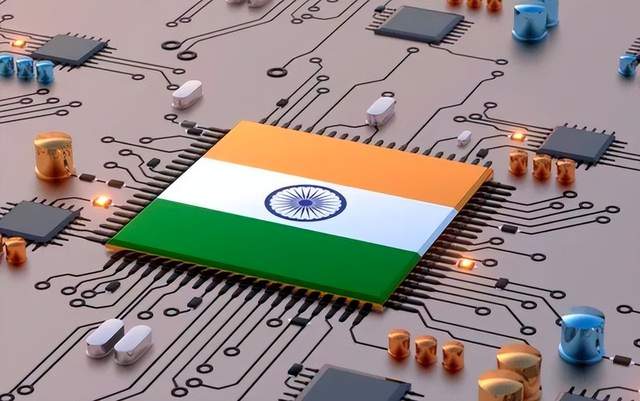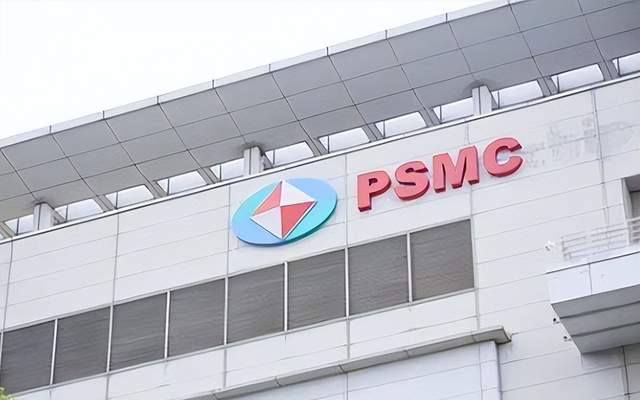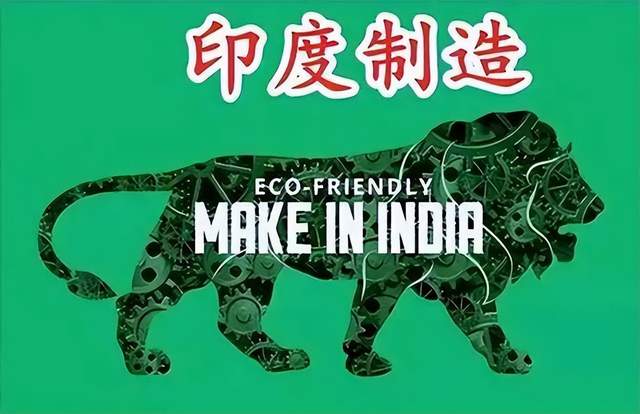Foxconn ran away, and another Taiwanese chip factory fell into the trap. India's chip dream has finally begun
![]() 09/29 2024
09/29 2024
![]() 649
649
India's 12-inch wafer factory has finally settled, but the partner is not Foxconn, but another Taiwanese chip company Powerchip Technology, which will provide technical support to this Indian chip company to help India realize its chip dream. But is this dream really a good thing for this Taiwanese company?

Previously, India's first chip factory was originally planned to be jointly established by Foxconn and Vedanta of India. However, since Foxconn did not have chip technology itself, it needed to obtain a license from an Israeli company. But with Intel's acquisition of that Israeli company, Foxconn lost the license to manufacture chips, and negotiations between the two sides on the investment amount did not reach an agreement, so the project was delayed indefinitely and can be considered as canceled.
This time, the investment in the chip factory established in India reached $11 billion, of which 70% was provided by the Indian government, and the remaining 30% was provided by Tata. Powerchip Technology only provided technical support, which means that Powerchip Technology sold its chip technology to India to earn a large sum of money.
Powerchip Technology may have done so because it could not see a future in the chip foundry industry. Powerchip Technology and United Microelectronics Corporation (UMC) have both stopped at 14nm process technology, while Samsung and Taiwan Semiconductor Manufacturing Company (TSMC) have developed 3nm process technology. It is said that China's mainland chip enterprises have achieved mass production of 7nm process technology. In addition, China's mainland chip enterprises are vigorously expanding production capacity, making it increasingly difficult for chip enterprises such as UMC and Powerchip Technology, which are in the third tier, to survive.
Compared with UMC, Powerchip Technology is having a harder time. UMC ranks among the top five chip foundries in the world, while Powerchip Technology ranks only eighth globally. With its unadvanced technology and insufficient scale, and as China's mainland chip foundries are taking away more and more orders, the chip market for mature processes will leave less and less opportunities for Powerchip Technology. Under such circumstances, choosing to sell its 28nm process technology to India can earn a large sum of money.

However, Powerchip Technology's dream may not be a good one, as India's reputation has never been good. Quanta Computer, Pegatron, and other Taiwanese companies have suffered losses in India. Quanta's factory in India was forced to be sold to Tata at a low price, and Pegatron was forced to hand over control of its Indian factory to Tata. It happens that Tata is the partner of Powerchip Technology this time.
Tata Group is India's largest conglomerate and has caused many foreign enterprises to suffer losses in the past. The most famous example is Ford. More than a decade ago, Ford went to India to set up a factory, but after investing more than $2 billion, Ford's business in India suffered continuous losses and was forced to sell its Indian factory to Tata for over $90 million. India also forced Ford to pay the factory 60 months of wage compensation, resulting in huge losses for Ford.
This time, Powerchip Technology attempts to grab money from the fire with Tata's hand, but it may not be that smooth. In the past, Indian companies often paid only a 10% deposit when ordering goods from China, and then delayed or even refused to pay the remaining balance after receiving the goods. Due to the poor reputation of Indian companies, Chinese companies now require full payment before shipping goods when trading with Indian companies. Will Powerchip Technology only receive the initial technology licensing fee, and will the subsequent licensing fees eventually turn out to be a bubble?
India's chip dream is also not easy to fulfill. Taking the manufacturing of iPhones as an example, this is already a low-end technology manufacturing industry. However, iPhones produced in India have been criticized for low yield rates, excessive gaps, and low technical proficiency of workers. In such a situation, it is questionable whether Indian workers can handle the highly technical challenge of chip manufacturing.

The concept of 'Make in India' was proposed by Narendra Modi in 2014, but it did not take off for more than two years afterward. It was not until 2017, when a Chinese mobile phone company and Foxconn jointly established a factory in India, that things started to move forward. Currently, India has become the second-largest mobile phone manufacturing country in the world. However, Vietnam claims to be the second-largest mobile phone exporter globally. India has not yet completed its mobile phone industry chain, with a significant amount of components for mobile phones produced in India still being imported from China. Nevertheless, India has already embarked on the more upstream chip industry, revealing its ambition, which, however, requires strength to support.







